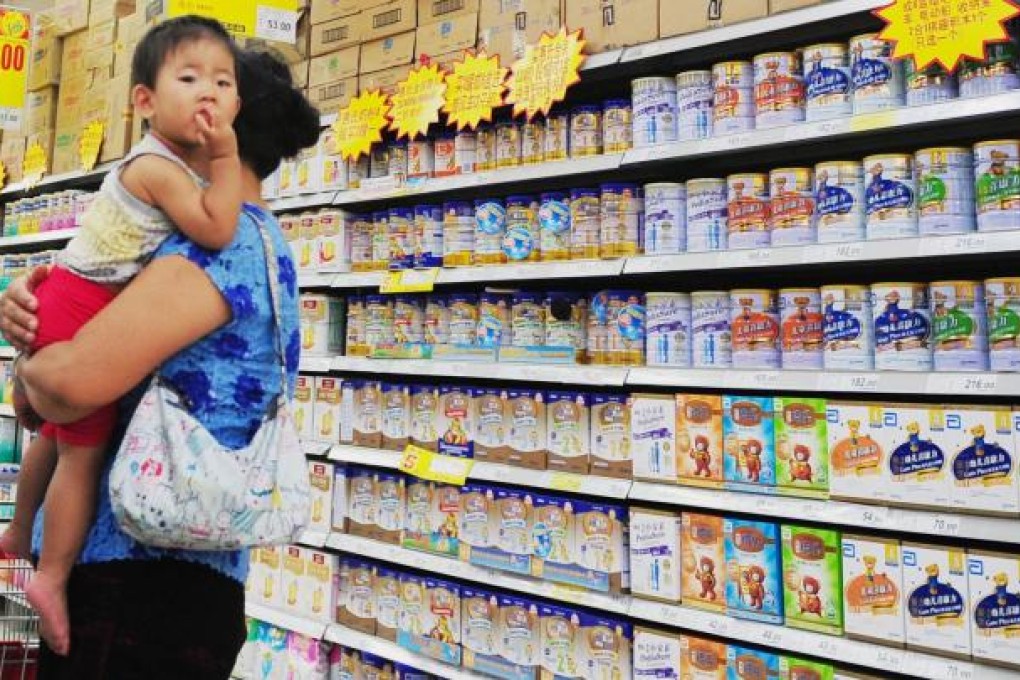China to set up food and drug agency after safety scandals
NPC poised to follow US example and approve a single agency for food and drug regulation to protect health and restore consumer confidence

Beijing will create a single agency to deal with food and drug regulation after recent scandals involving everything from tainted milk to recycled "gutter" oil, sources revealed.

It will integrate regulation and law enforcement in one agency.
An official source said the plan was subject to last-minute changes and might focus on food safety only.
Despite numerous nationwide crackdowns, consumer confidence in the mainland's food and drug industry has been shattered. The current system is tangled in red tape, with up to 13 government agencies controlling food and drug regulation and supervision.
The industrial and commerce authority, for example, is responsible for packaging, while the Ministry of Health handles food safety standards.
The Ministry of Agriculture steps in if animals are involved.